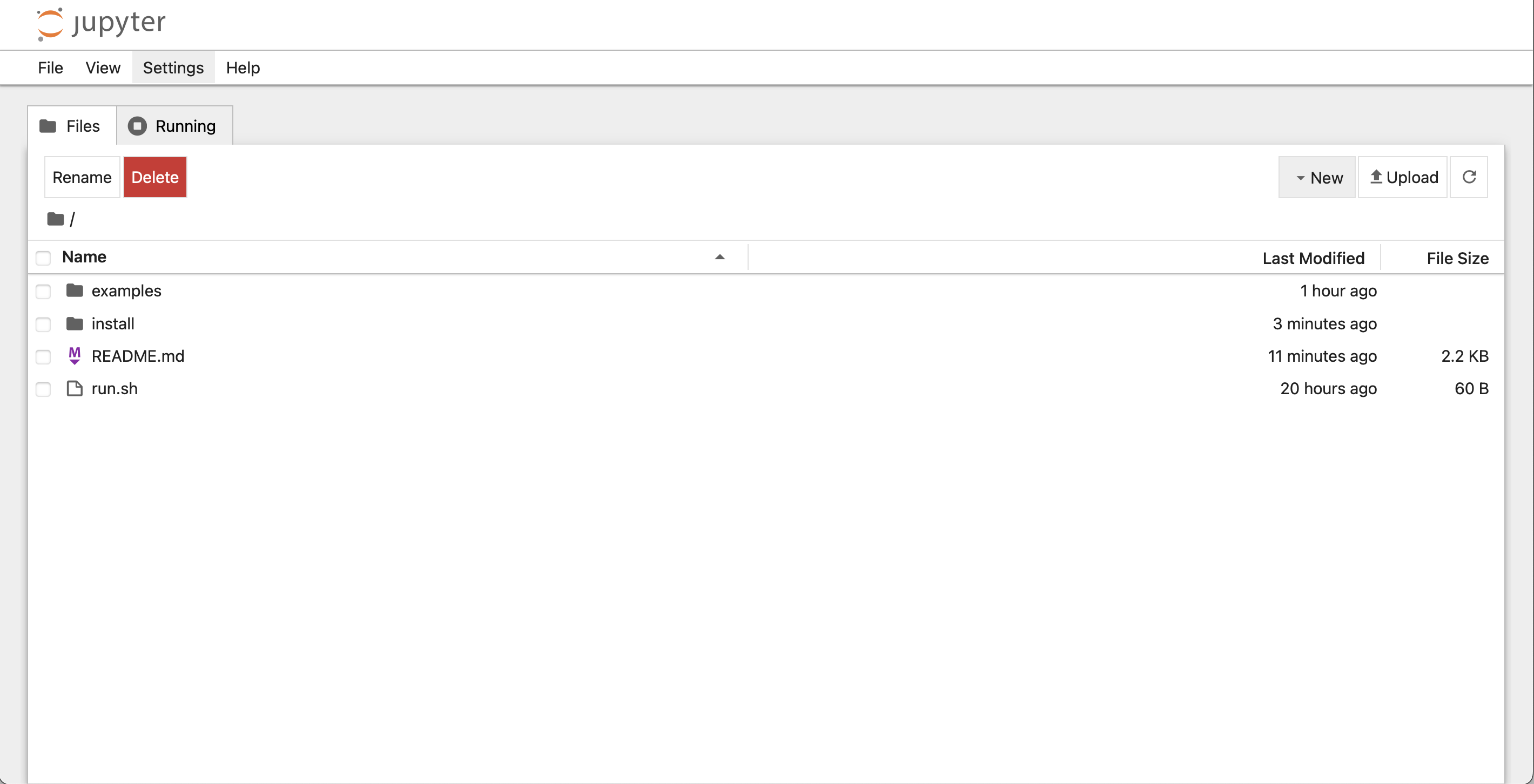Installation
Using the .zip-file
Download the .zip-file from Canvas or (here) and move it to a preferred directory on your system.
Open a powershell/terminal on your computer. Move to the folder where you want to run all your projects.
cd path/to/your/preferred/directory/
Using git
Open a powershell/terminal on your computer. Move to the folder where you want to run all your projects and install your repository:
cd path/to/your/preferred/directory/
Now we need to clone the repository.
git clone https://gitlab.com/cahmd/wise_course_modelling_2024.git
Now change the directory to the installation folder:
Lets install the container, which is only possible when being in the powershell/terminal. Change the directory by
cd wise_course_modelling_2024/install
and after, run
Linux (Ubuntu, Suse, Debian)
docker build -t wise/jupyter .
Mac OS X
docker build --platform linux/amd64 -t wise/jupyter .
Windows (via PS and MSL)
docker build -t wise/jupyter .
in order to build the docker container. Informations what this container includes are in the section “Details about the Docker container”. This my take a while to install. After, change one directory back
cd ../
and run the container by executing
Linux (Ubuntu, Suse, Debian)
docker run -p 8765:8765 -v $(pwd):/wisejupyter wise/jupyter
Mac OS X
docker run -p 8765:8765 -v $(pwd):/wisejupyter wise/jupyter
Windows (via PS and MSL)
docker run -p 8765:8765 -v ${pwd}:/wisejupyter wise/jupyter
Note the curly braces what are different from Linux and Mac!
Now you can switch to your browser and copy the address
http://localhost:8765
The website you should see now looks like the one in the figure

You see the need for a password or a token. Go back to your terminal and copy the token shown there (marked by the yellow circle in the following picture)

Insert the copied token to the file and press enter. The screen you see now should look like this

Alternatively, you can copy the entire http:// - adress, that looks similar to
http://127.0.0.1:8765/tree?token=be7b93d1a1911ebc4ae8a6b4f289ebce8329c44a91491878
Congratulations!!!, you are now in the working environment! This is a jupyter instance running in a linux environment with various scientific software installed.
Optional: In the jupyter notebook, click View->Open jupyterlab, which opens a slightly different view with more advanced features. More on the notebooks in the chapter “Notebooks”.